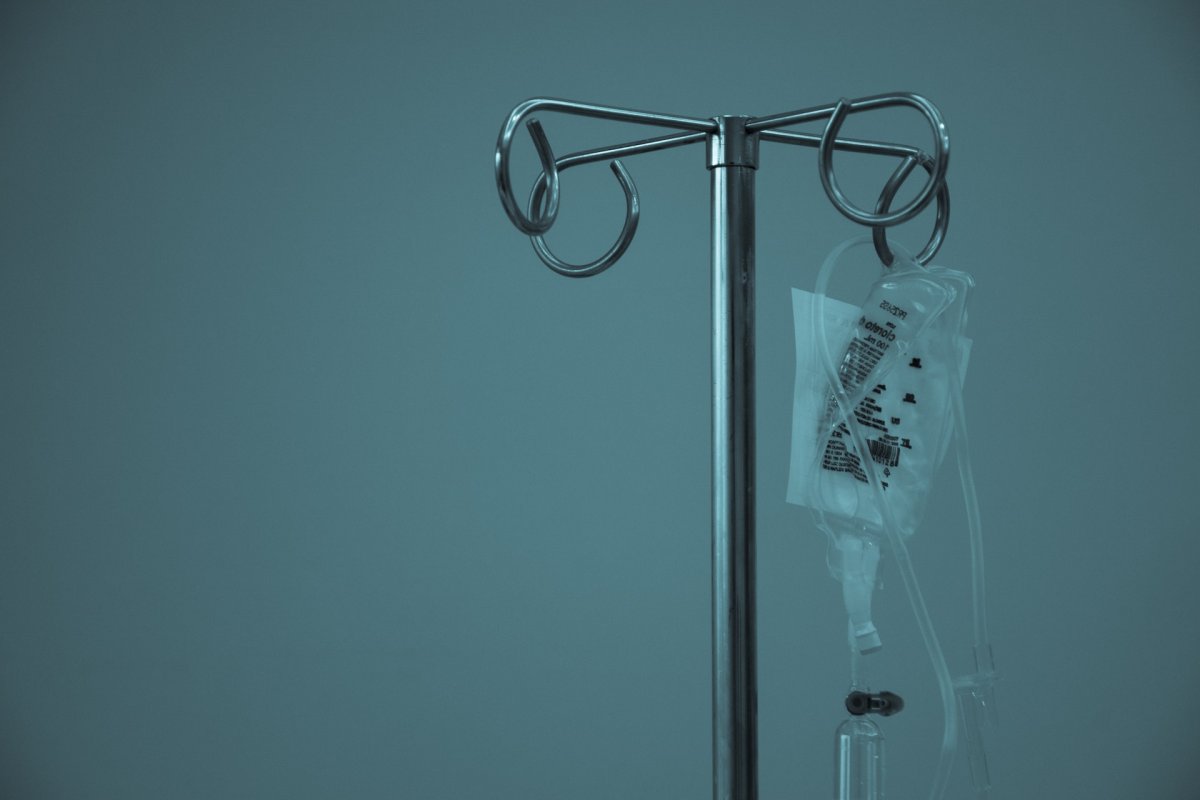
Pancreatic cancer is one of the ten most common types of cancer among Russians. The insidiousness of the disease is that in the early stages it is very difficult to suspect and can be confused with other diseases. spoke about what symptoms should alert you and how pancreatic cancer is treated today.oncologist, surgeon “SM-Clinic”, MD, professor Valery Egiev.
How pancreatic cancer manifests
The pancreas is located in the abdominal cavity below the liver behind the lower half of the stomach. There are two types of cells in it: some produce enzymes that help the body digest food, others produce hormones that control blood glucose levels.
In pancreatic cancer, a malignant neoplasm develops from the ducts of the organ or glandular cells. The tumor can affect any part of the gland or fill it entirely. As Valery Egiev notes, the exact reasons why pancreatic cancer occurs are unknown. But there are risk factors: heredity, poor diet with excessive consumption of fatty foods, sausages, smoked foods, alcohol, etc., age over 60 years, smoking, acute or chronic pancreatitis, liver disease, excess weight.
“Most often, pancreatic cancer is asymptomatic, so it is difficult to suspect it in the early stages, when treatment is easier and more effective,” says Valery Egiev. “In addition, it can be confused with gallbladder disease, stomach ulcers and diabetes. But there are a number of symptoms for which it is necessary to undergo an examination.”
You should be wary:
– jaundice, which is accompanied by pain in the right hypochondrium;
– sudden weight loss (up to 10-15 kg in 2 -3 months) for no apparent reason;
– dark urine, light stool;
– loss of appetite;
– enlarged spleen;
– weakness, general malaise;
– digestive disorders (diarrhea, constipation).
Diagnostics and treatment
To diagnose the disease, ultrasound and computed tomography (CT) with vascular contrast are prescribed. If the tumor has a cystic component, magnetic resonance imaging (MRI) is performed. To fully understand the picture, a blood test for tumor markers is prescribed.
“The diagnosis should be carried out by a competent doctor who specializes in the treatment of this type of cancer,” says an oncologist and surgeon at the SM-Clinic. — There are cases when the size and nature of the tumor are determined incorrectly. At the same time, the patient is told that the cancer is inoperable, and the person gives up, but in fact there is a chance of recovery.”
Clarification of the diagnosis and selection of a treatment method is most often carried out after a biopsy. Today, the most effective treatment for pancreatic cancer is surgery. It is carried out provided that the patient has no contraindications for surgery. In other cases, chemotherapy and radiation therapy are prescribed, and sometimes Haifa (a technique of exposing a tumor to high-intensity focused ultrasound waves).
When metastases occur in the peritoneum, the modern technology of hyperthermic intra-abdominal chemotherapy, Hypek, is used. A chemotherapy solution heated to +42-43°C is supplied to the abdominal cavity, which literally “burns out” the cancer cells. Their thermal threshold is lower than that of healthy people, so healthy tissues and organs do not suffer. In addition, with this treatment method, the drug does not enter the general bloodstream, so the body receives fewer toxins than with standard chemotherapy.
“It is important to remember that cancer is not a death sentence, and you cannot give up,” says Valery Egiev. — A competent oncology surgeon can sometimes create a real miracle. In addition, today operations are successfully carried out that were considered impossible just 10 years ago.”
In conclusion, the doctor recommended to monitor your health, undergo routine examinations on time and not ignore the symptoms. After all, the earlier the disease is detected, the more effective the treatment will be.
Important! Information is provided for reference purposes. Ask a specialist about contraindications and side effects and under no circumstances self-medicate. At the first signs of illness, consult a doctor.
